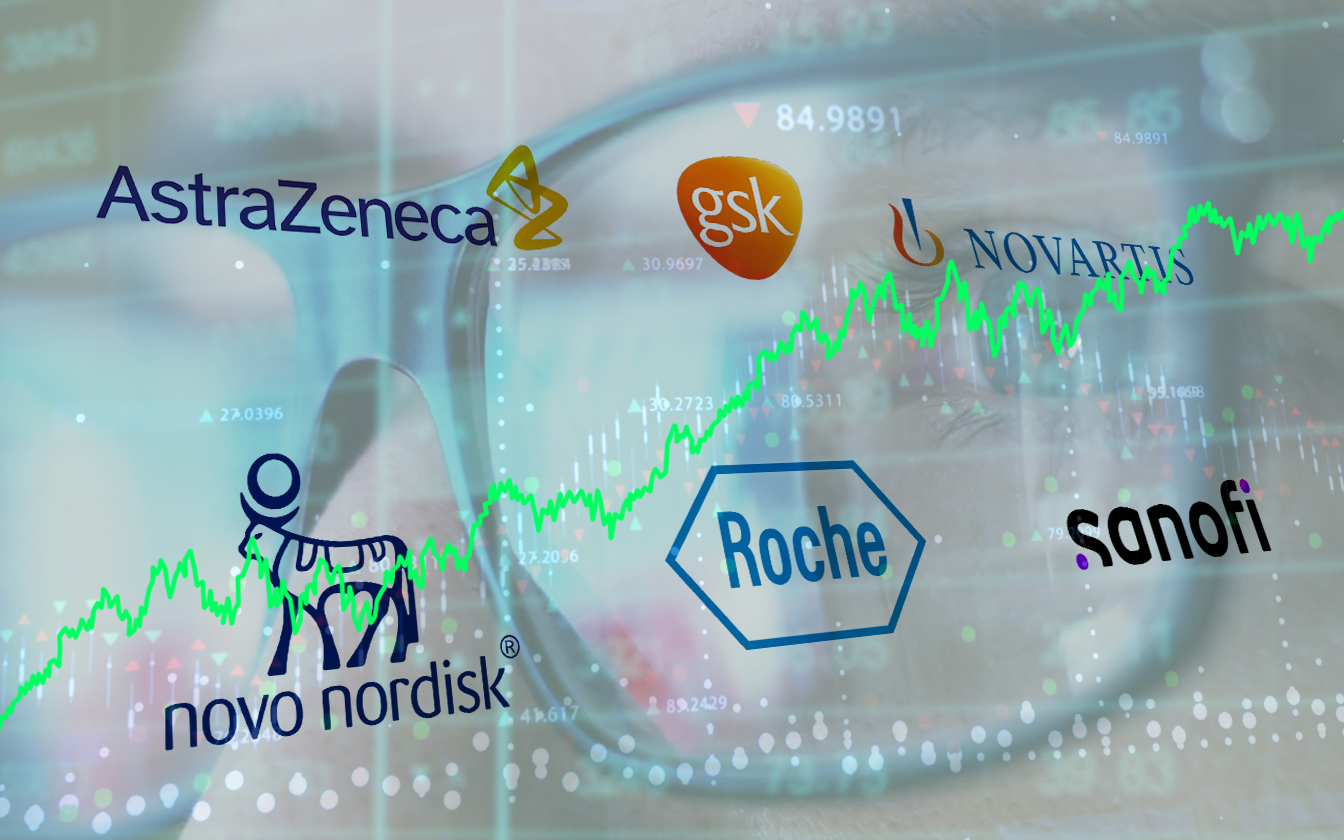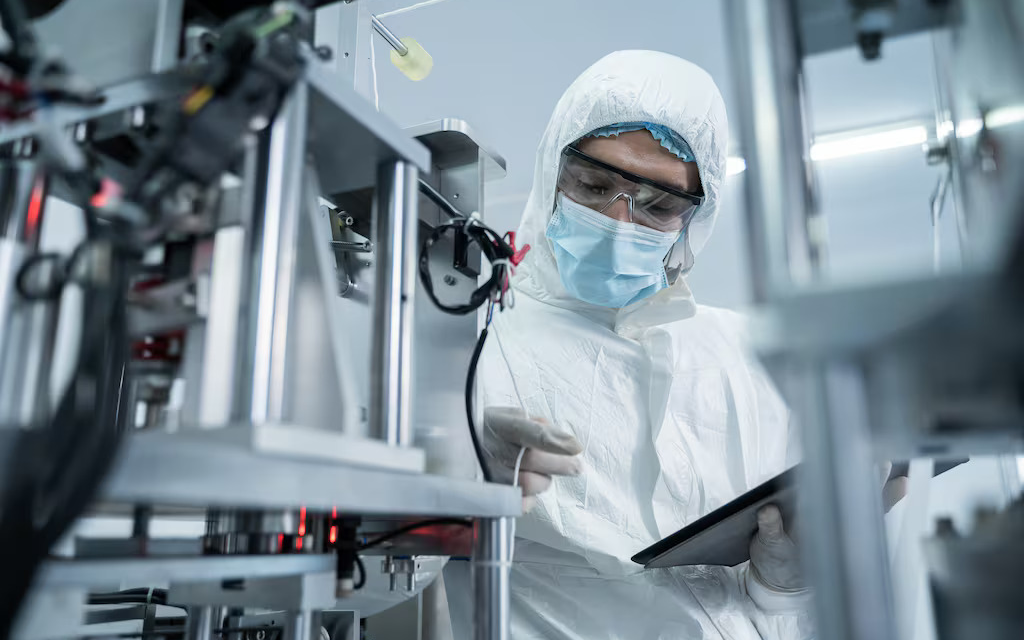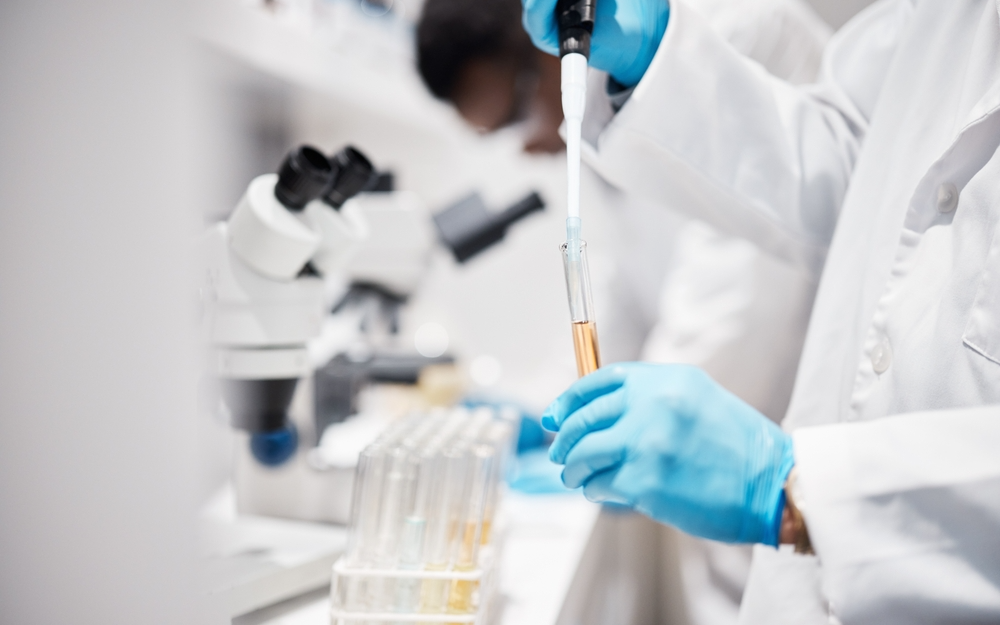Which pharma firm might join the GRANOLAS?
By Chris Wheal
February 21, 2024

Six of the 11 firms in the GRANOLAS are already pharmaceutical firms. Could there be more?
Investors have been giving healthcare and pharmaceutical stocks some pleasing attention in recent months and it’s easy to see why. Goldman Sachs injected the excitement a year ago with its acronym GRANOLAS, a set of 11 European stocks that include six pharma firms:
- AstraZeneca
- GSK
- Novartis
- Novo Nordisk
- Roche
- Sanofi
The name was a cheeky riposte to the Magnificent 7 groups of US tech stocks – Apple, Microsoft, Google parent Alphabet, Amazon, Nvidia, Meta Platforms and Tesla. It is against those tech giants that the GRANOLAS pharma firms are compared and contrasted.
A recent update on the GRANOLAS’ performance reaffirmed the merchant bank’s view that these remain the stocks to watch and the ones that will dominate within Europe.
In its update, Goldman Sachs said: “The GRANOLAS are a more diversified group than the Magnificent 7 of their sector mix: they include healthcare, tech, consumer staples and consumer discretionary stocks, whereas the Magnificent 7 are heavily weighted towards tech stocks.”
Then there were four
The Magnificent 7 only recently became 7. It started out back in 2013 as FANG – Facebook, Amazon, Netflix and Google. Then Apple was added to make FAANG. Google became Alphabet and Facebook became Meta and FAANG got some new teeth in the AI, graphics cards and chipmaker Nvidia plus electric car giant Tesla to warrant the group’s new moniker last year.
The GRANOLAS are GSK, Roche, ASML, Nestle, Novartis, Novo Nordisk, L’Oreal, LVMH, Astrazeneca, SAP and Sanofi. Technically the acronym should be GRANNL’OLLASS but that’s more of a mouthful. However, if the GRANOLAS were similarly altered and added to in coming months and years, in the way the Magnificent 7 has grown, more healthcare stocks could be added (see chart).

Defensive growth
Goldman Sachs grouped the GRANOLAS along with the wider healthcare sector as ‘defensive growth’ stocks. It said: “This type of company has tended to outperform when growth slows. It is interesting to note that the GRANOLAS are not necessarily correlated with large caps, which tend to be tilted more towards value.” It added that “it has paid to own the GRANOLAS when global GDP growth was below 3%” and Goldman Sachs said it expected global growth to remain below 3%.
“More recently, these defensive growth companies have also benefited from the move in bond yields and a strong earnings season driven by positive surprises and upbeat guidance from ASML, Novo Nordisk, and SAP,” Goldman Sachs reported.
What makes a GRANOLAS?
One of the plus points about GRANOLAS was not just that “they offer strong (and predictable) growth” but the firms’ focus on shareholders. “They offer a +2.5% dividend yield, which is significantly higher than the dividend yield offered by the S&P 500 (1.5%) and the Magnificent 7 (0.3%). Going forward, these dividends should continue to grow at a faster pace than earnings given the payout ratio is still below the historical average,” Goldman Sachs said.
“We think the GRANOLAS could continue to enjoy premium margins. The GRANOLAS currently have the highest and most stable margins in the market,” Goldman Sachs said. And as the cost of debt rises, cash-rich firms that need to borrow less will outperform. “The GRANOLAS generally have strong balance sheets with high liquidity, a high interest coverage ratio and low leverage.”
So who else might be joining the GRANOLAS? Which other European pharma stocks match those descriptions? Let us know.







.png)